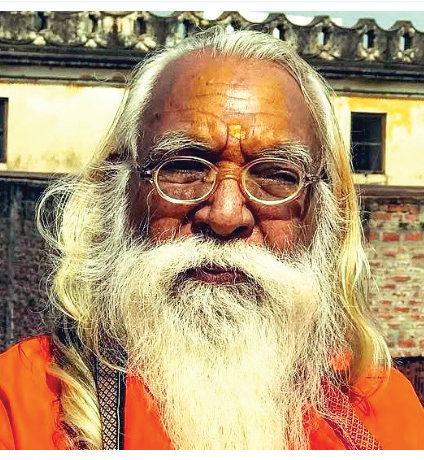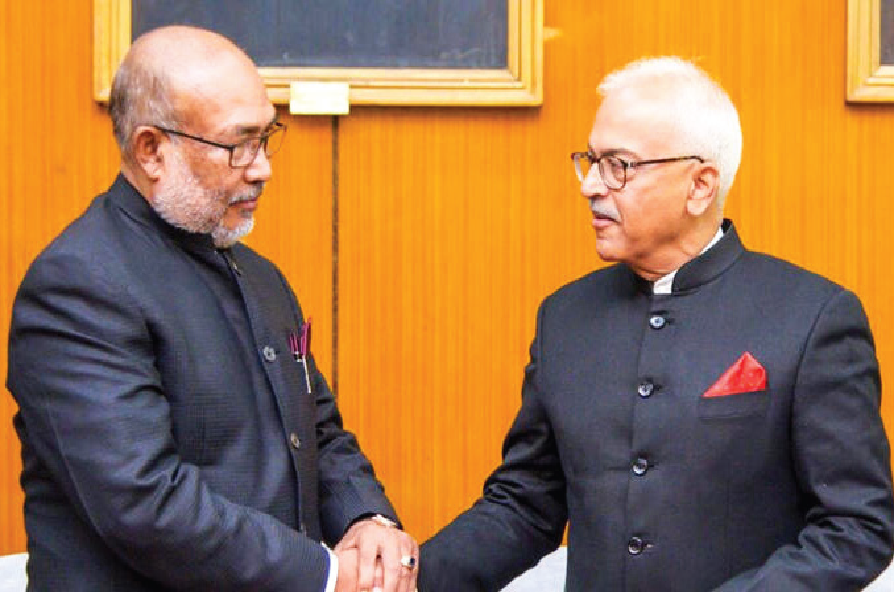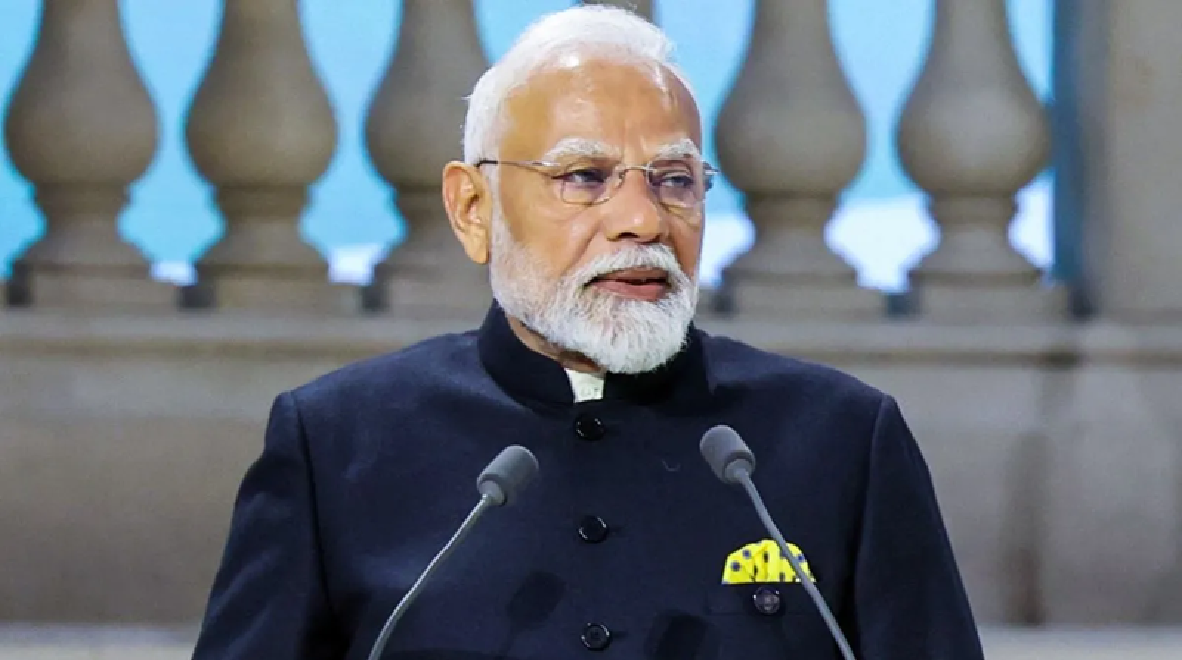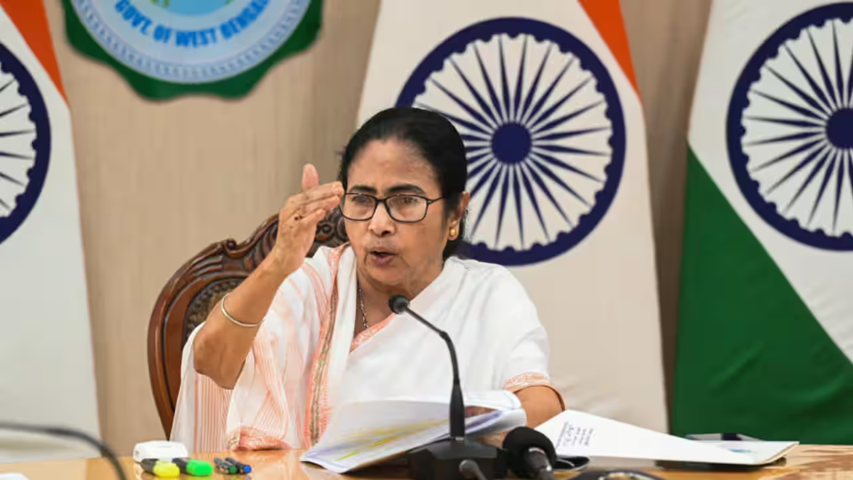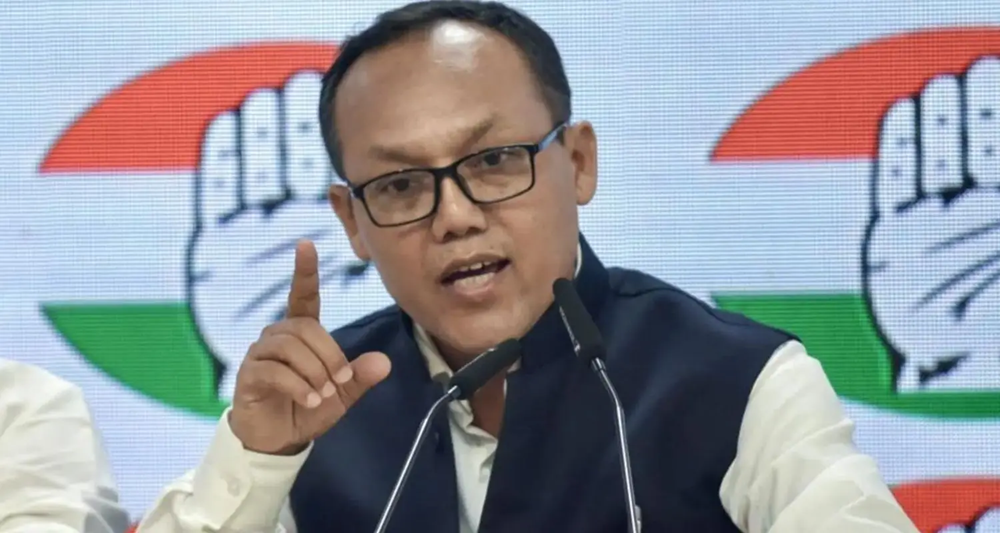
Centre undertrial plan fails sans compensation
Bengaluru, NT Bureau: The Supreme Court (SC) accepted the Centre’s Standard Operating Procedure (SOP) to release pre-trial prisoners but it doesn’t go far enough, judicial and human rights experts have argued.
Under the SOP, the Centre would pay up to Rs 40,000 in bail to release poor undertrials and the Apex Court had accepted it in February. However, the Centre didn’t include monetary compensation for acquitted persons, which is essential to those who favour rehabilitation.
Moreover, those being tried under laws like the Unlawful Activities Prevention Act (UAPA), Prevention of Corruption Act, Protection of Children from Sexual Offences (POCSO) Act, money-laundering and drug-related crimes will not be bailed by the state.
Globally, India has the seventh highest share of undertrials among its prisoners at 76.1 per cent as noted by the World Prison Brief collated by the Commonwealth Human Rights Initiative (CHRI).
National Crime Records Bureau (NCRB) released prison statistics data at the end of 2022, stating there were 4,34,302 prisoners in pretrial detention in India.
The share of undertrials jumped from 66 per cent in 2012 to 76 per cent in 2022.
86% J&K prisoners pre-trials
The problem is acute in states such as (erstwhile) Jammu and Kashmir where the share of pretrials was 86 per cent.
Draconian laws such as Public Safety Act (PSA) allow for jailing of persons for six months to two years if they are deemed security threats , adding to the problem in an insurgency-affected and heavily policed state.
Meanwhile, Delhi had the highest share of undertrials at 90 per cent. Moreover, this share jumped during the pandemic in many states. Overcrowding of prisons with 131 per cent occupancy and 63 unnatural deaths in 2022 are other issues.
Marginalized suffer excessive arrests
Experts blame indiscriminate arrests carried out by cops among marginalized groups such as Scheduled Castes (SCs), Scheduled Tribes (STs), Other Backward Classes (OBCs) and religious minorities.
Social, economic and educational marginalization and the inability to acquire bails keep them in jail.
Cases of Professor GN Saibaba falsely accused of Maoist links and Indian Space Research Organisation (ISRO) scientist Nambi Narayanan wrongly charged with espionage are prominent examples.
International precedent shows way
Some European nations mandate monetary compensation for loss of liberty in their pursuit for justice and the same can be adopted in India.
Germany, for instance, pays acquitted detainees 75 Euros per day as relief. Some states in the US allow civil lawsuits by those wrongfully convicted.
Lastly, accountability isn’t being demanded from cops, complainants and courts involved in miscarriage of justice, which needs to be corrected.
 English daily published in Bengaluru & Doha
English daily published in Bengaluru & Doha


